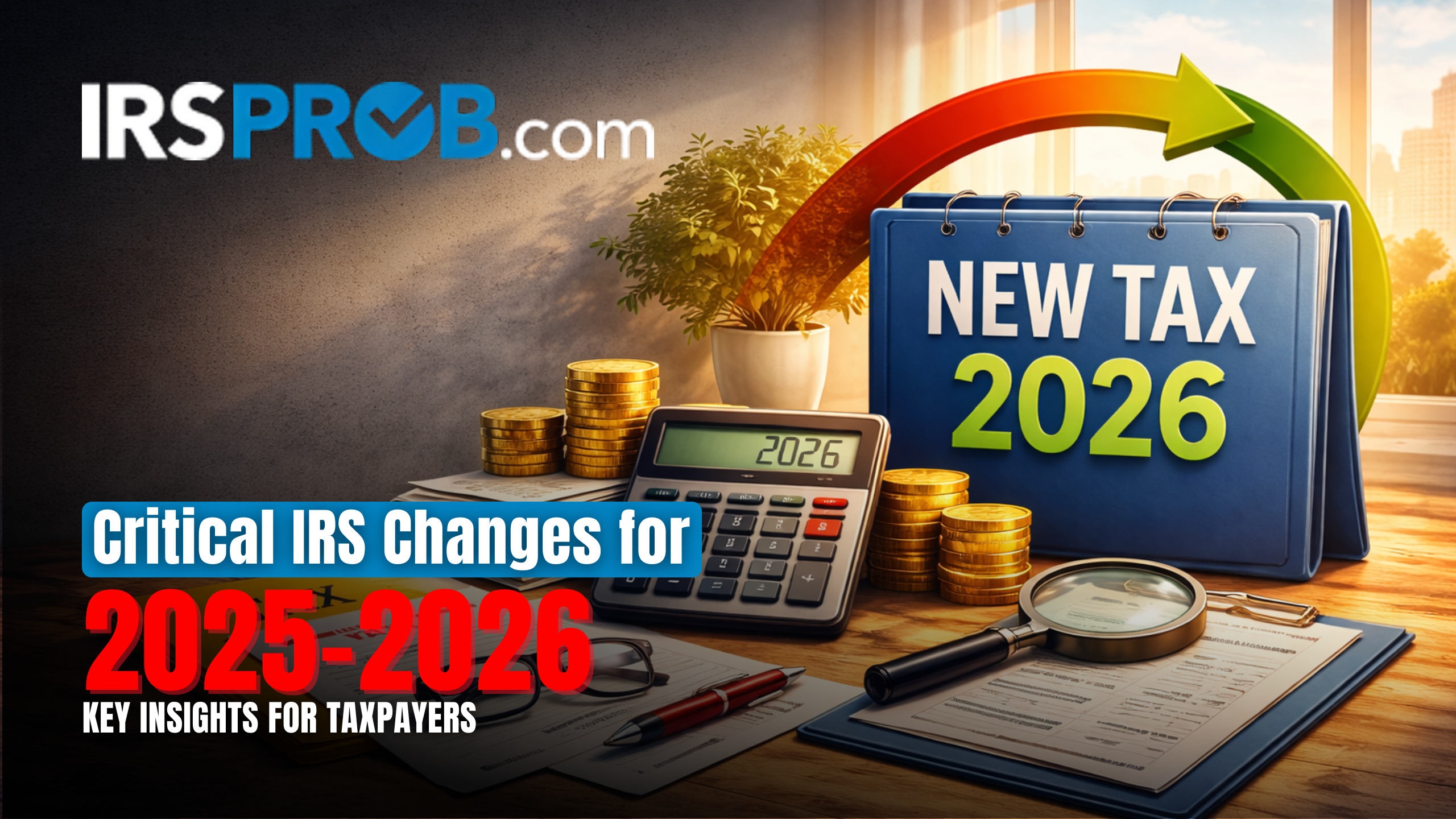
As a business owner, embracing sustainability isn’t just good for the planet—it’s good for your bottom line too. The 2024 tax year brings a host of opportunities to save big through energy and vehicle tax credits. Whether you’re upgrading your business properties or adding eco-friendly vehicles to your fleet, understanding these tax credits can help you make smart financial decisions. Here’s your comprehensive guide to the energy and vehicle credits available in 2024 and how they can benefit your business.
1. Energy Efficient Home Improvement Credit
For those investing in energy-efficient improvements, the Energy Efficient Home Improvement Credit offers a tax credit of up to $3,200. This credit equals 30% of qualified expenses, making it an attractive option if you’re looking to reduce energy consumption in your business properties. Here’s a breakdown of the annual limits:
- $1,200 Annual Limit: Applies to general energy-efficient improvements, with specific caps such as $600 per year for items like central air conditioners and water heaters.
- $2,000 Annual Limit: Specifically for heat pumps, heat pump water heaters, and biomass stoves.
- Home Energy Audits: A credit of up to $150 can be claimed for a home energy audit conducted by a qualified auditor.
Note: This credit is nonrefundable, meaning it can only reduce your tax liability to zero but won’t result in a refund. Additionally, labor costs for installation do not qualify for the credit.
2. Residential Clean Energy Credit
If your business is investing in renewable energy sources, the Residential Clean Energy Credit can provide significant savings. This credit covers 30% of the cost of new, qualified clean energy property installations, such as:
- Solar Electric Panels
- Solar Water Heaters
- Wind Turbines
- Geothermal Heat Pumps
- Battery Storage Technology (minimum 3 kilowatt hours)
This credit can be carried forward to future tax years, offering flexibility if the credit exceeds your current tax liability.
3. Clean Vehicle Credit
Upgrading your fleet with electric vehicles (EVs) or fuel cell electric vehicles (FCVs) can be both environmentally and financially rewarding with the Clean Vehicle Credit. The credit offers up to $7,500 for vehicles that meet specific criteria:
- Battery Capacity: The vehicle must have at least a 7-kilowatt-hour battery.
- Weight and Price Limits: The vehicle’s gross weight must be under 14,000 pounds, and the manufacturer’s suggested retail price (MSRP) cannot exceed $80,000 for vans, SUVs, and pickup trucks, or $55,000 for other vehicles.
- Assembly Requirements: Final assembly must occur in North America, and the vehicle must meet specific critical mineral and battery component requirements.
Income limits apply, and if you don’t qualify based on your modified adjusted gross income (AGI), you may need to repay the credit.
4. Previously-Owned Clean Vehicle Credit
For a more budget-friendly option, the Previously-Owned Clean Vehicle Credit offers up to $4,000 or 30% of the vehicle’s sale price for used plug-in EVs or FCVs. To qualify, the vehicle must:
- Be purchased from a dealer.
- Have a model year at least two years older than the current calendar year.
- Have a sale price of $25,000 or less.
As with the Clean Vehicle Credit, income limits apply, and the credit is nonrefundable.
Maximizing Your Benefits
To fully capitalize on these credits, consider the following strategies:
- Consult with a Tax Professional: Before making any energy or vehicle investments, discuss potential tax implications with your tax advisor to ensure eligibility and optimal tax savings.
- Plan Purchases Strategically: If your business is planning to invest in energy-efficient improvements or vehicles, timing these purchases can significantly affect your tax situation.
- Leverage State Incentives: Many states offer additional credits or rebates for energy-efficient improvements or clean vehicle purchases. Check with your state’s energy office or tax authority for more information.
Conclusion
Going green doesn’t just help the environment—it can lead to substantial tax savings as well. By understanding and utilizing the 2024 energy and vehicle tax credits, you can reduce your tax liability while contributing to a more sustainable future. For personalized advice on how these credits can benefit your business, reach out to IRSProb.com. Our team of experts is here to help you make informed decisions that align with your financial and environmental goals.







